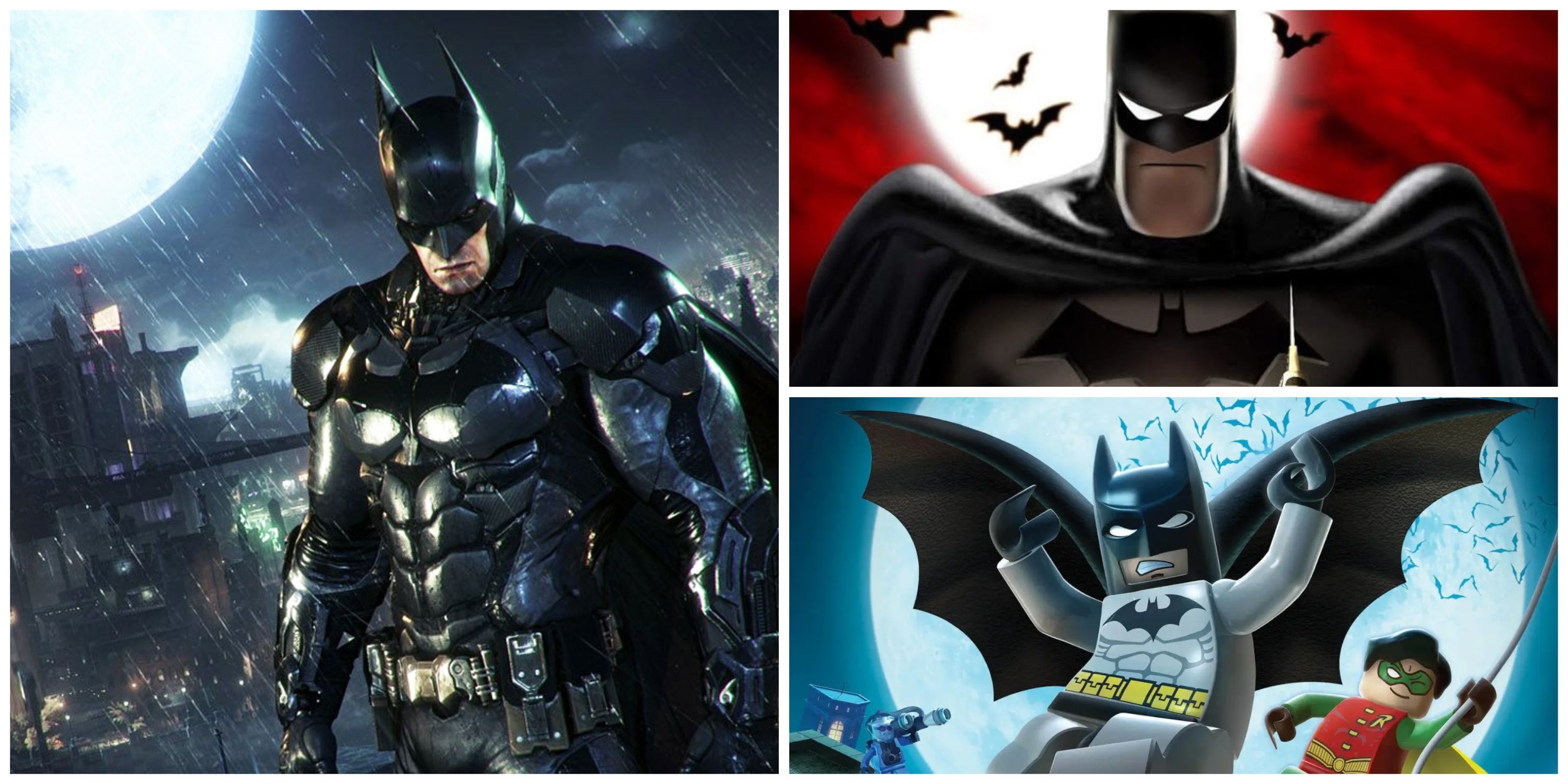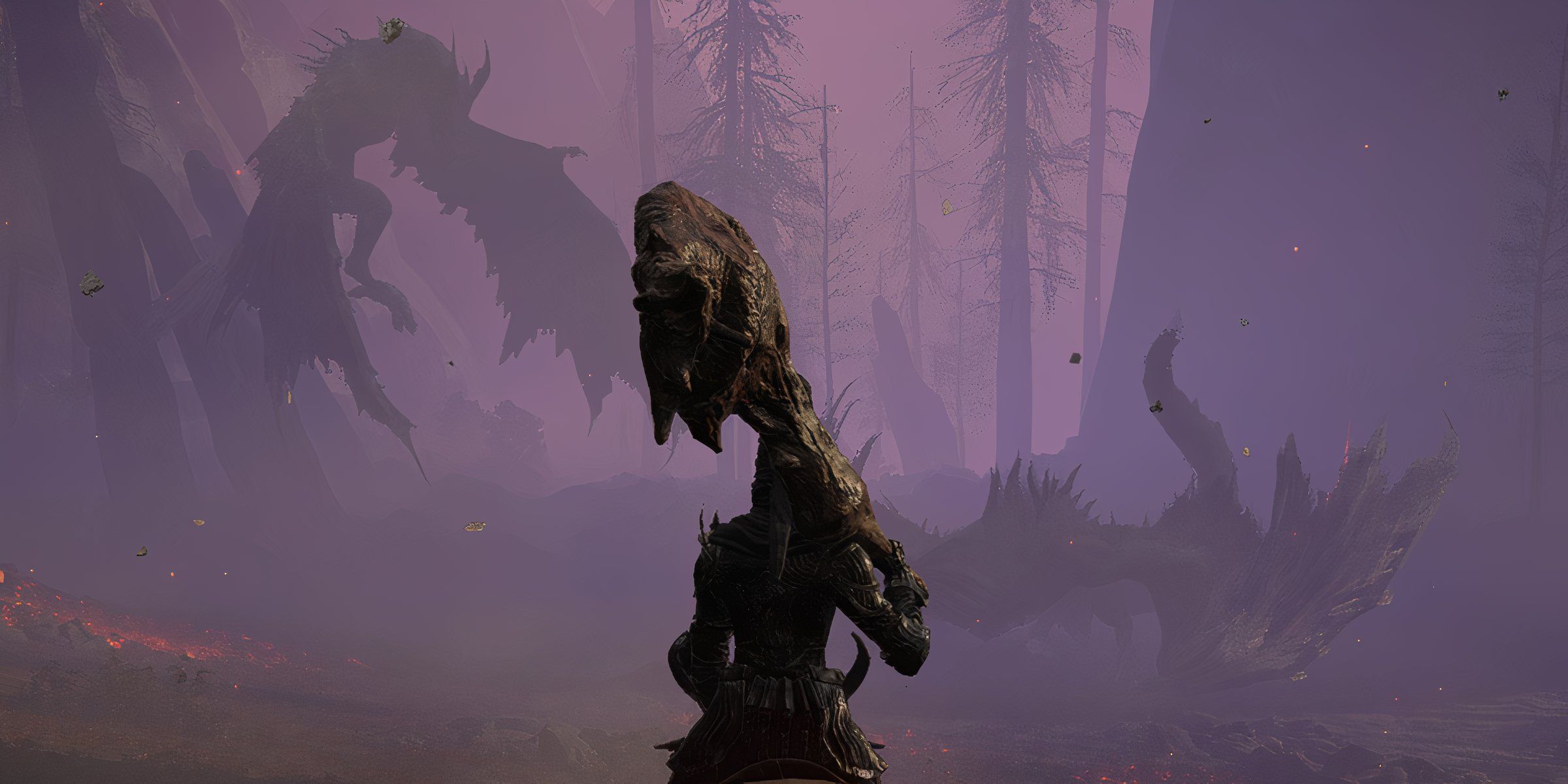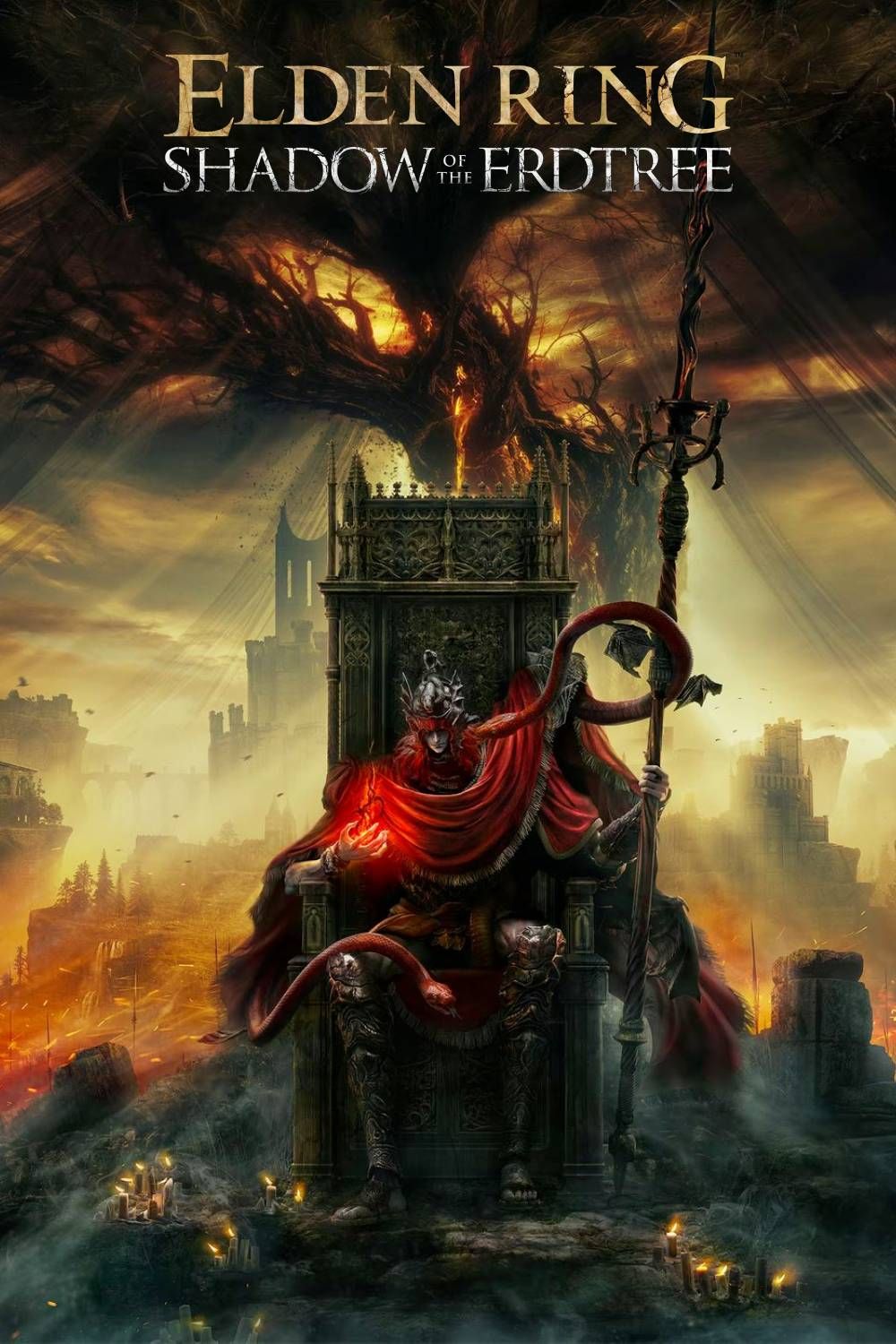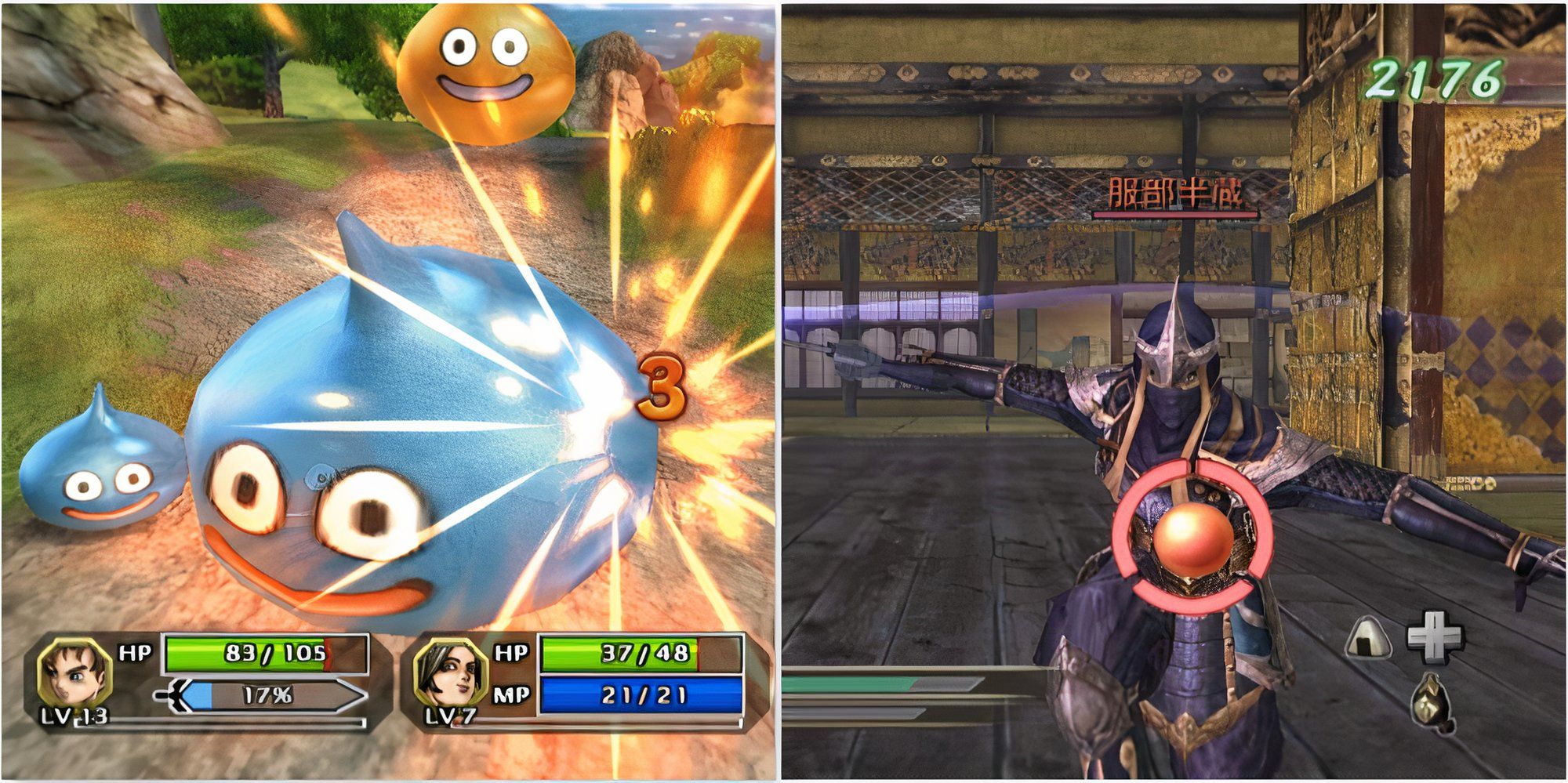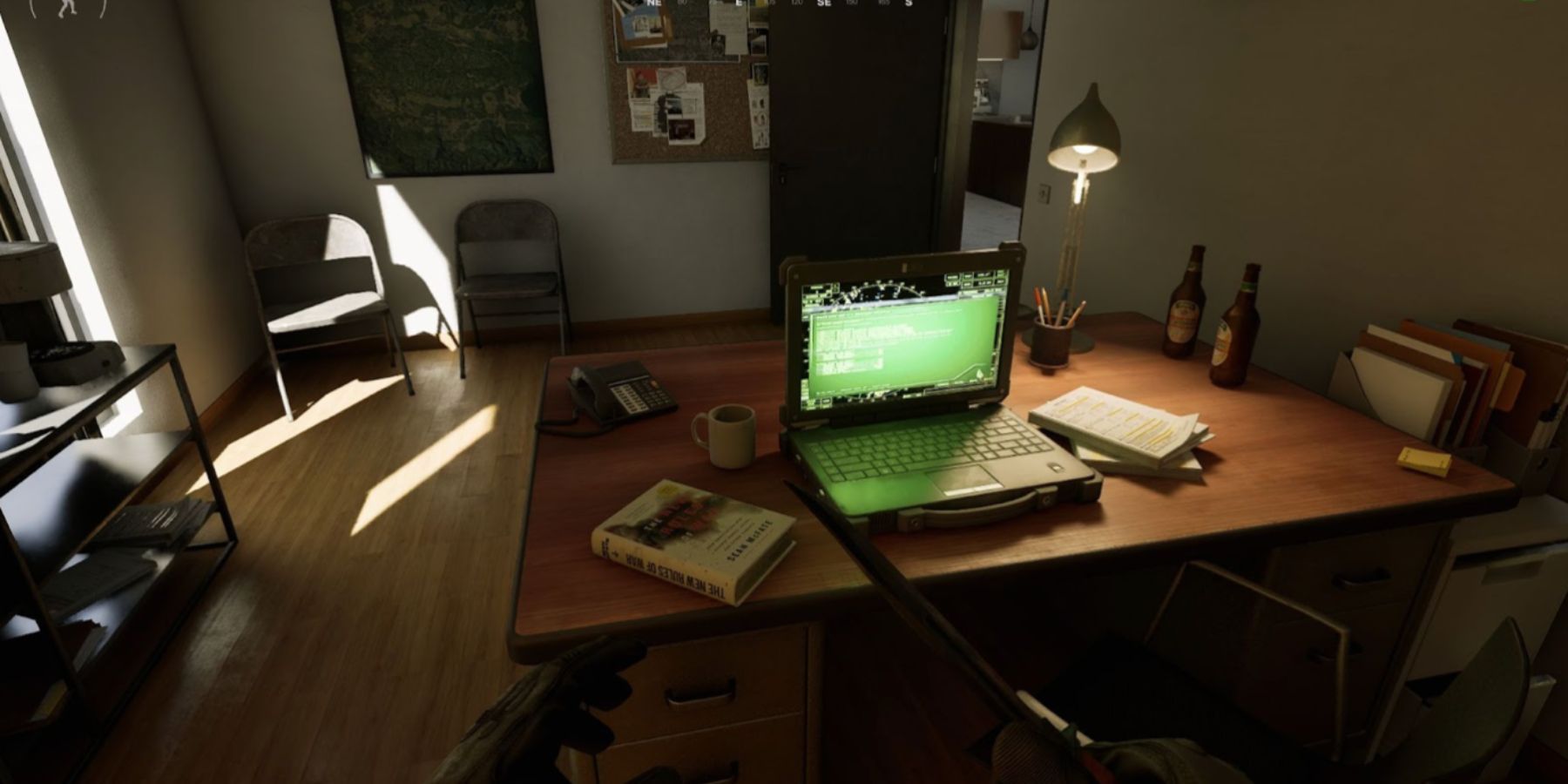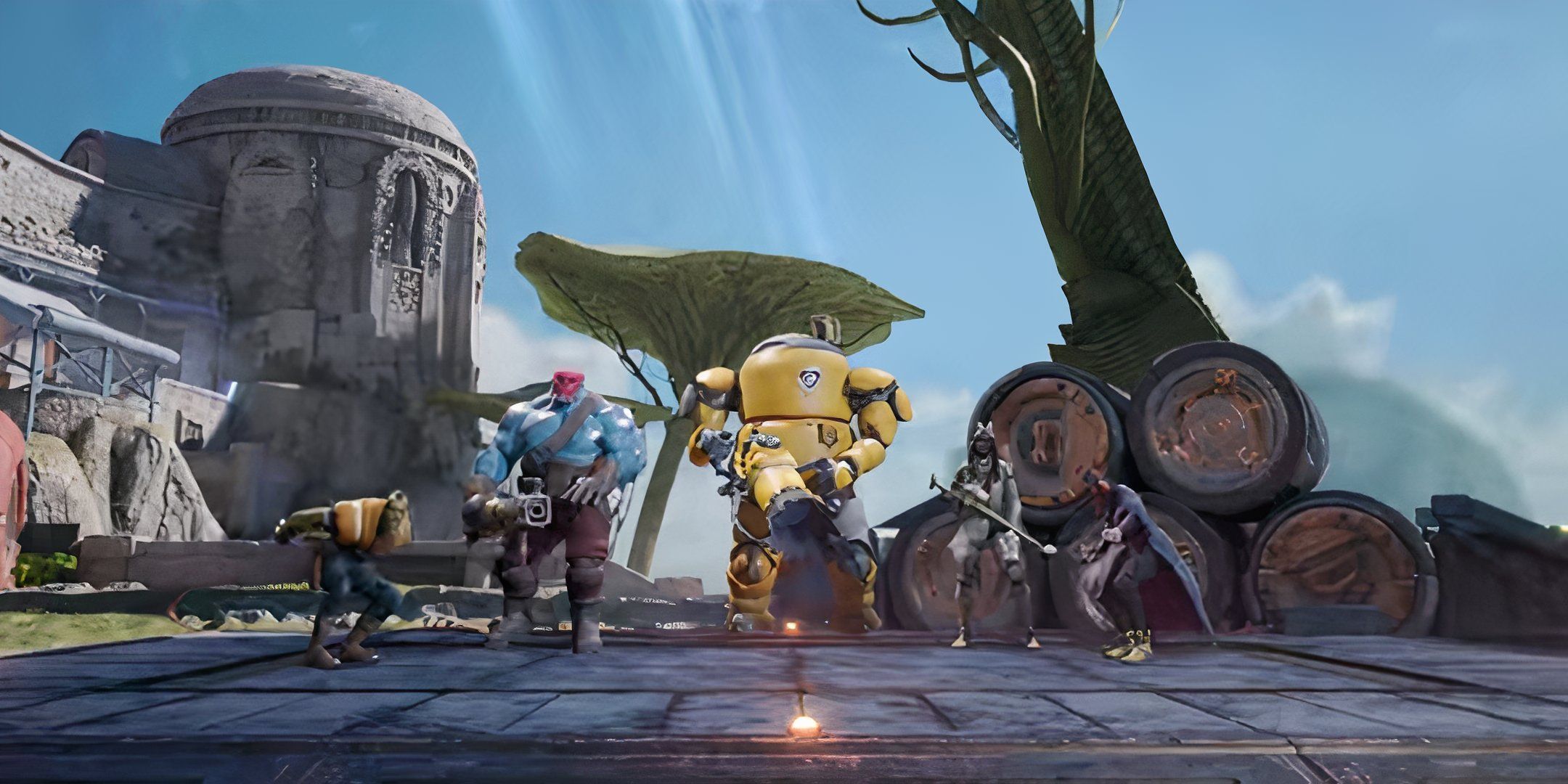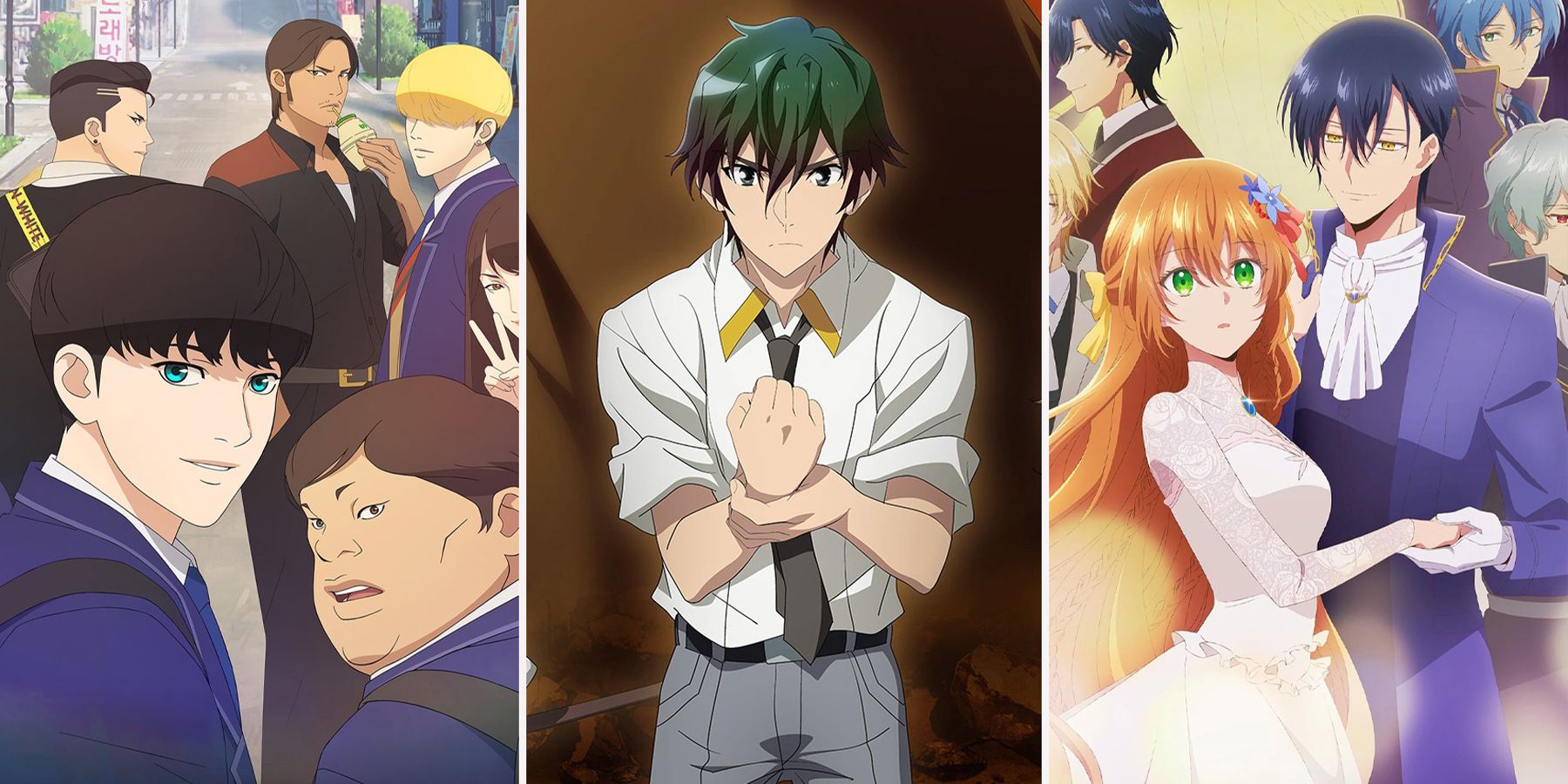Elden Ring: Shadow of the Erdtree has once again resuscitated tired debates in and around the community regarding difficulty, summons, and co-op. Because FromSoftware’s Soulslike games allow for so much personalization in custom builds and play styles there are inevitably a lot of players who also believe they need to be played certain ways lest their triumphs be the result of ‘cheese’ and not considered genuine to some. But while gatekeeping is certainly apparent in some corners, there is also a side of the fanbase that relishes in the communal elation of each other’s company and their indiscriminate successes.
This is a truly thrilling way to engage with content again after players have already defeated a boss and cooperative summons are never as abundant as when a new game launches, as seen in the case of Elden Ring: Shadow of the Erdtree. Co-op is generally frowned upon on a first playthrough because, again, it can be perceived as an inability or unwillingness to learn how to fight a boss on one’s own. Rather, there are tons of players who, when they themselves have felled a boss, enjoy scrawling their golden summon sign before a fog gate to accompany others who call for aid. Still, FromSoftware’s co-op summons have one big oversight that a future game can hopefully correct.
Related
Even After Elden Ring and Bloodborne, One Demon’s Souls Location is Still FromSoftware’s Most Terrifying
FromSoftware has plowed ahead with scary and unsettling areas in Elden Ring and Bloodborne, but one Demon’s Souls level still takes the cake.
FromSoftware Should Let Fallen Co-op Summons Spectate the Boss Fight
As it stands, if a host dies to a boss then the whole endeavor fails and everyone who was summoned to help is kicked, which makes sense because it’s their world and the boss being beaten is their responsibility to see through, even if a cooperator is the one to land a killing blow.
However, when a summoned cooperator perishes they are removed from that slice of matchmaking instantly and sent back to their world as well. The boss fight then continues without that individual who is disappointingly unable to at least stay in that world as a lingering phantom or camera perspective to watch how the host fares afterward.
If a host and a cooperator were only a few attacks away from slaying a boss and then the cooperator dies, for instance, they only get a couple of seconds to see the host panic-rolling before they’re whisked away and it’s a shame players don’t get to know if that host was able to secure a clutch victory thanks to their invaluable assistance or if the host themself was slain once the boss’ aggro was no longer divided.
Elden Ring’s Shadow of the Erdtree Demonstrates the Joy and Camaraderie of Co-op
On the one hand, being sent back immediately is a boon since players don’t need to wait long to put down another summon sign. But on the other hand, if players are invested in the host’s success and feel like they contributed meaningfully to the boss fight it can be devastating to not know whether their help had any effect on its resolution.
This is definitely something FromSoftware could reconsider for future games as it would make camaraderie and cooperative exploits far more engaging with a throughline they can associate with every boss fight attempt players help with or seek help for. Of course, connection and lag are already fairly big issues with online play in most applicable FromSoftware games and are likely a reason why kicking inactive players is for the best.
Elden Ring’s PvP Colosseums have ignited the same discourse with some players being upset that the audience stands are bereft of any NPCs or players alike and a spectator feature would be similarly well-suited to this environment on paper, though PvP is a whole other beast entirely. Either way, whatever the reason for it not being a standard part of co-op is, it will always be a bit underwhelming for cooperators to not know how a boss fight plays out if they happen to die before the host.
